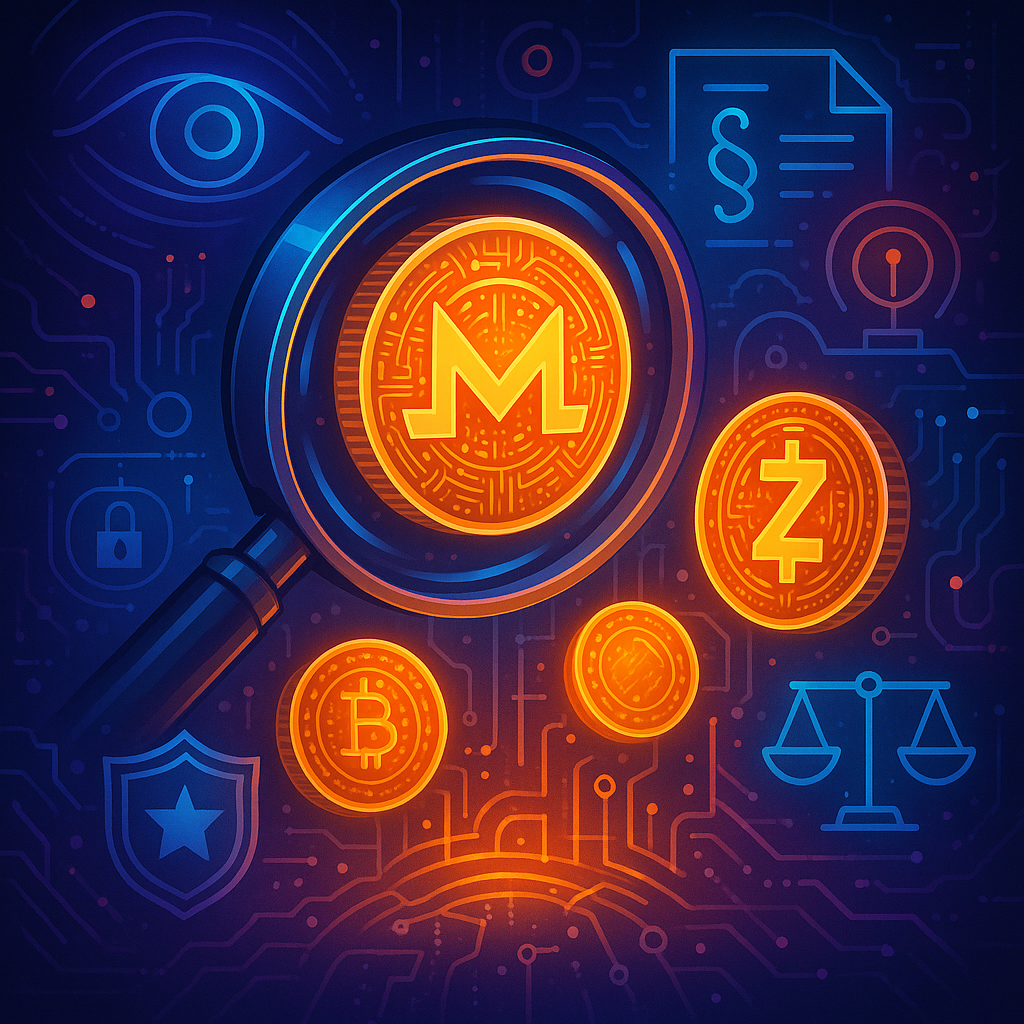As digital connectivity grows worldwide, privacy has become a major concern—in the cryptocurrency realm. Coins like Monero, Zebrash, and others aim to keep financial dealings private. However, these privacy-focused currencies face increased scrutiny as governments push to regulate the crypto space more.
Let’s dive into privacy coins, their importance, and their potential future.
🔐 What Are Privacy Coins?
Privacy coins are cryptocurrencies that provide better anonymity for transactions. Unlike Bitcoin or Ethereum, which leave visible traces on public blockchains, privacy coins hide details such as:
- Who sends and receives
- How much is sent
- Which wallet addresses are used
This makes them attractive to people who care about keeping their money matters private—or those living in places where financial freedom is limited.
💡 Common Privacy Coins Explained
1. Monero (XMR)
Monero is known to use advanced cryptography (like Ring Signatures and Stealth Addresses) to hide sender, receiver, and transaction details .
2. Zcash (ZEC)
Zcash gives users the option to pick “transparent” or “shielded” transactions using zk-SNARKs, a type of zero-knowledge proof that checks data without showing it.
3. Dash, Beam, and Grin
These coins also provide different levels of privacy and anonymity, with a focus on improving speed and scaling up operations in addition to privacy.
⚖️ Why Are Privacy Coins Under Scrutiny?
Regulators and governments are growing more worried that people might use privacy coins for illegal activities such as:
- Money laundering
- Tax evasion
- Dark web transactions
- Terrorism financing
Because privacy coins make it tough—or impossible—to track transactions, they don’t align with financial rules like AML (Anti-Money Laundering) and KYC (Know Your Customer) laws.
🌍 Global Response and Restrictions
United States
The IRS has put up rewards to break Monero’s privacy features, which shows how much regulators care about these coins.
Europe
The EU’s Markets in Crypto Assets (MiCA) rules don’t outright ban privacy coins but might restrict their use because of transparency rules.
Asia
Countries like South Korea and Japan have even delisted privacy coins from exchanges .
As rules get stricter many exchanges around the world are deciding to remove privacy coins to follow the law.
🛠️ Technology vs. Regulation
The clash between privacy rights and regulatory compliance sits at the heart of this issue. While users claim privacy as a fundamental digital right, governments see anonymous currencies as a threat to security.
Some privacy coins, like Zcash, have attempted to strike a balance by offering optional transparency. Others such as Monero, stay private by default, which makes them a larger target for regulators.
🔮 What’s Next for Privacy Coins?
The path ahead for privacy coins remains unclear but keeps changing:
- Decentralization could make attempts to ban them less effective over time.
- More hybrid models might pop up—coins that give privacy but also have tools for legal checks.
- Privacy-boosting features could be added to big coins like Bitcoin and Ethereum through layer-2 fixes or mixing tools.
Still widespread use might stay tough unless governments figure out how to control them without giving up on privacy.
